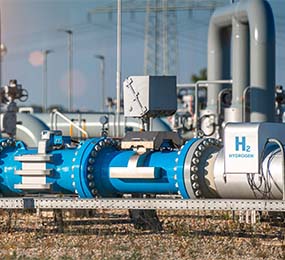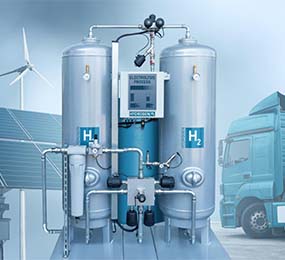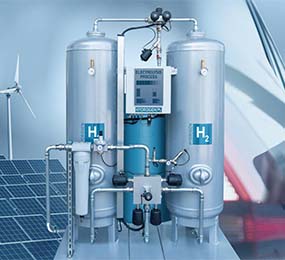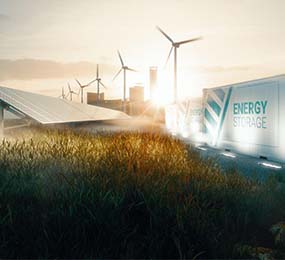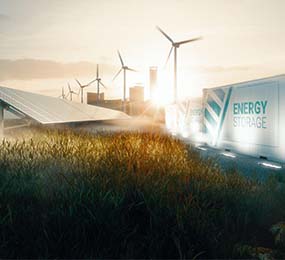Synthetic Fuels: Driving Decarbonization in Europe's Transportation
Synthetic fuels, also known as e-fuels or electrofuels, have emerged as a key player in Europe's strategy to decarbonize the transportation sector. This essay explores the pivotal role synthetic fuels play in achieving sustainability goals, reducing carbon emissions, and revolutionizing the future of mobility.
Carbon-Neutral Mobility:
Synthetic fuels are produced using renewable energy sources, such as wind or solar power, enabling carbon-neutral or even carbon-negative transportation. This addresses the challenge of emissions in sectors where direct electrification may be challenging, such as aviation and long-haul freight.
Infrastructure Compatibility:
One of the significant advantages of synthetic fuels is their compatibility with existing infrastructure. They can be used in conventional combustion engines and existing fuel distribution systems, offering a seamless transition without requiring extensive infrastructure overhaul.
Energy Storage and Grid Balancing:
Synthetic fuels serve as a form of energy storage, absorbing excess renewable energy during periods of high production and releasing it when demand is high. This makes them integral to balancing the grid and supporting the intermittency of renewable sources.
In the journey toward sustainable transportation, synthetic fuels emerge as a versatile solution, aligning with Europe's commitment to a carbon-neutral future and transforming the way people and goods move.
Visit our website to know more: https://www.leadventgrp.com/events/future-fuels-europe/details
For more information and group participation, contact us: [email protected]
Leadvent Group - Industry Leading Events for Business Leaders!
www.leadventgrp.com | [email protected]


